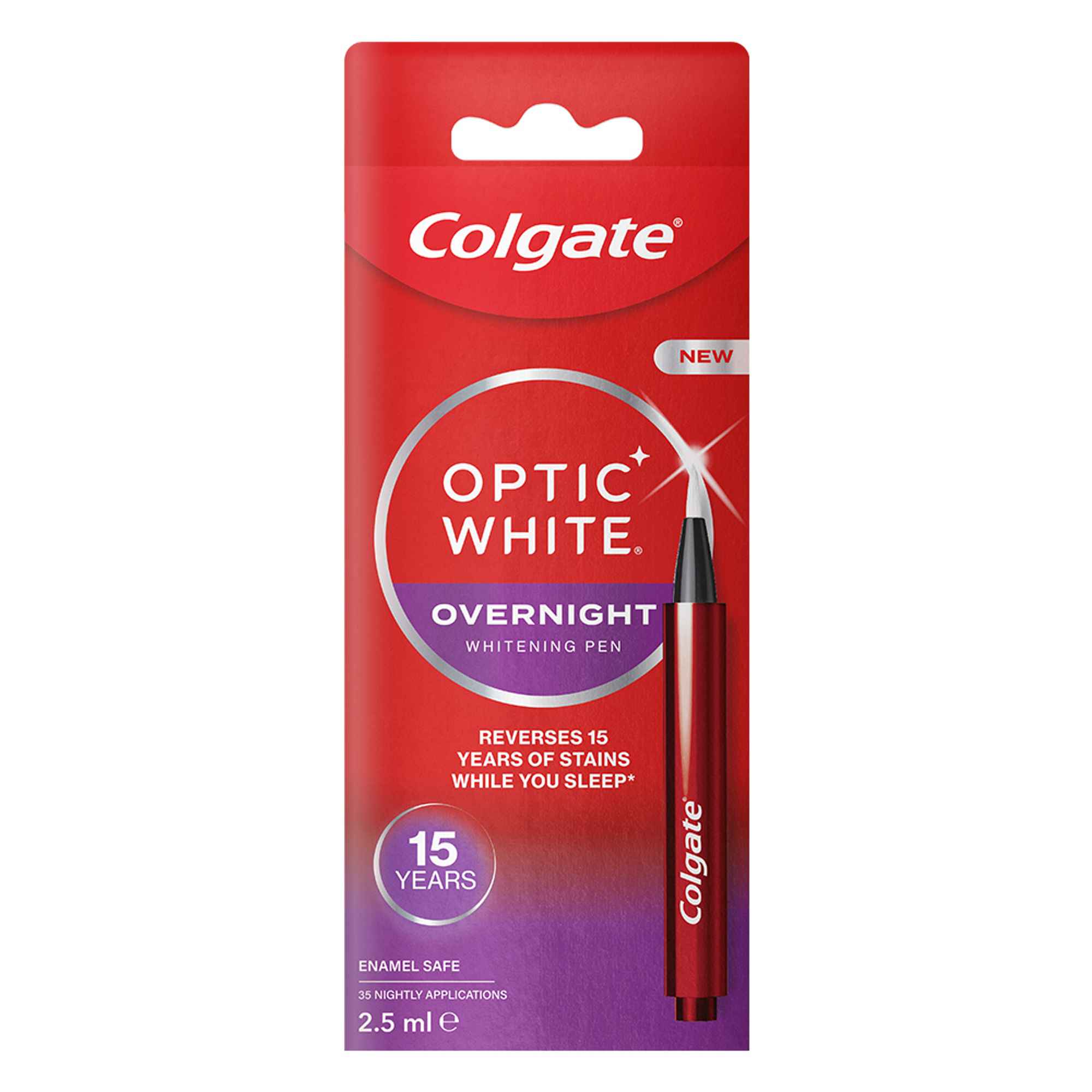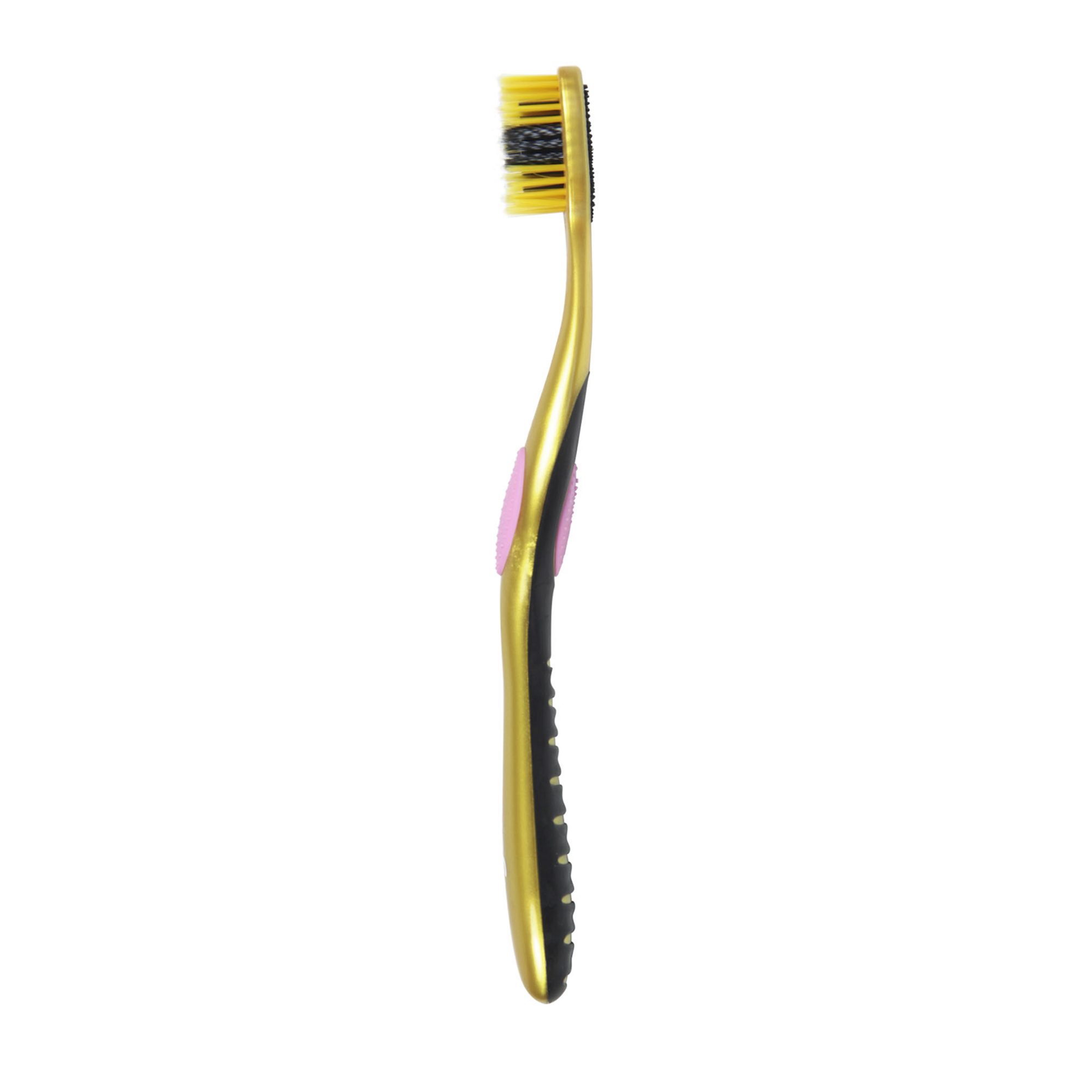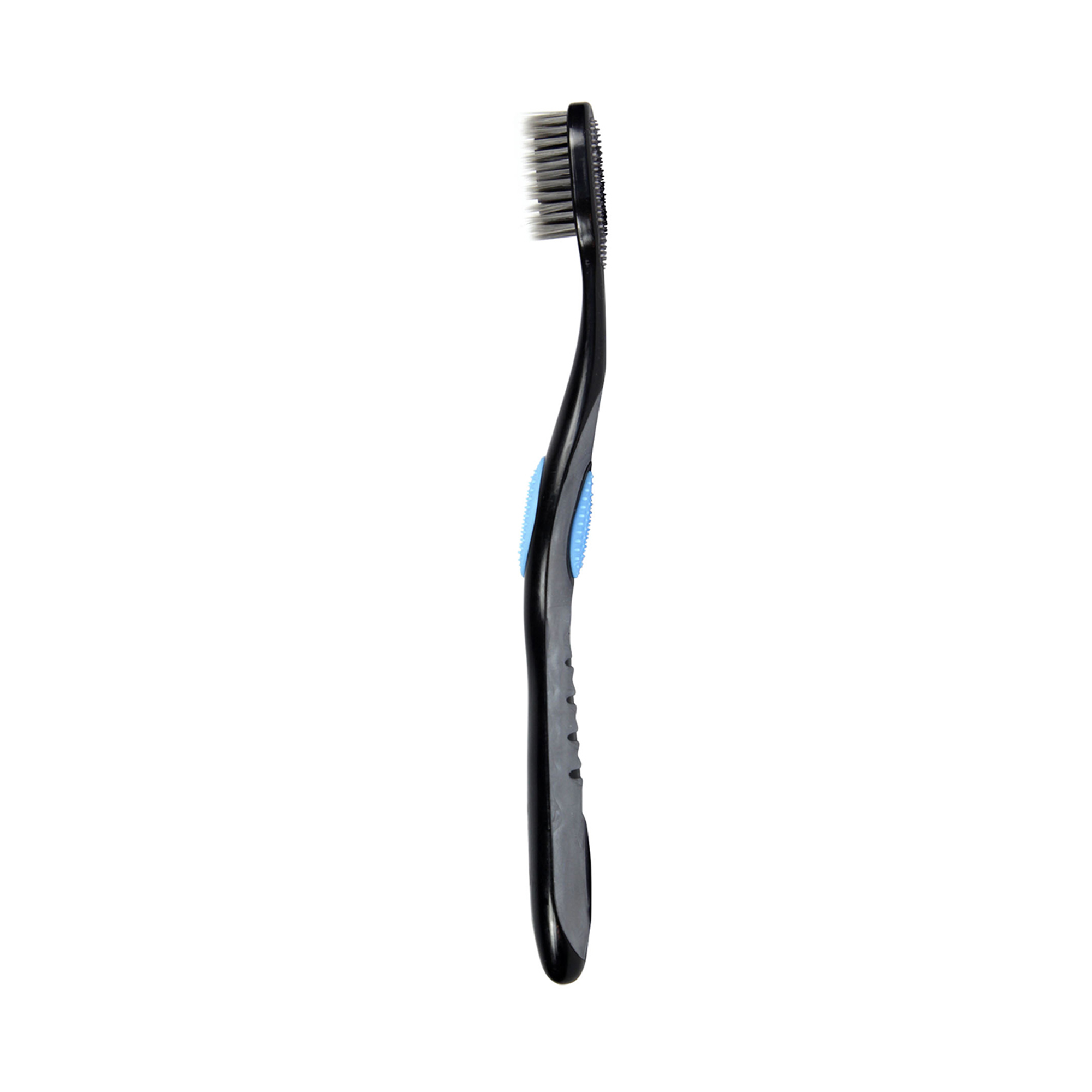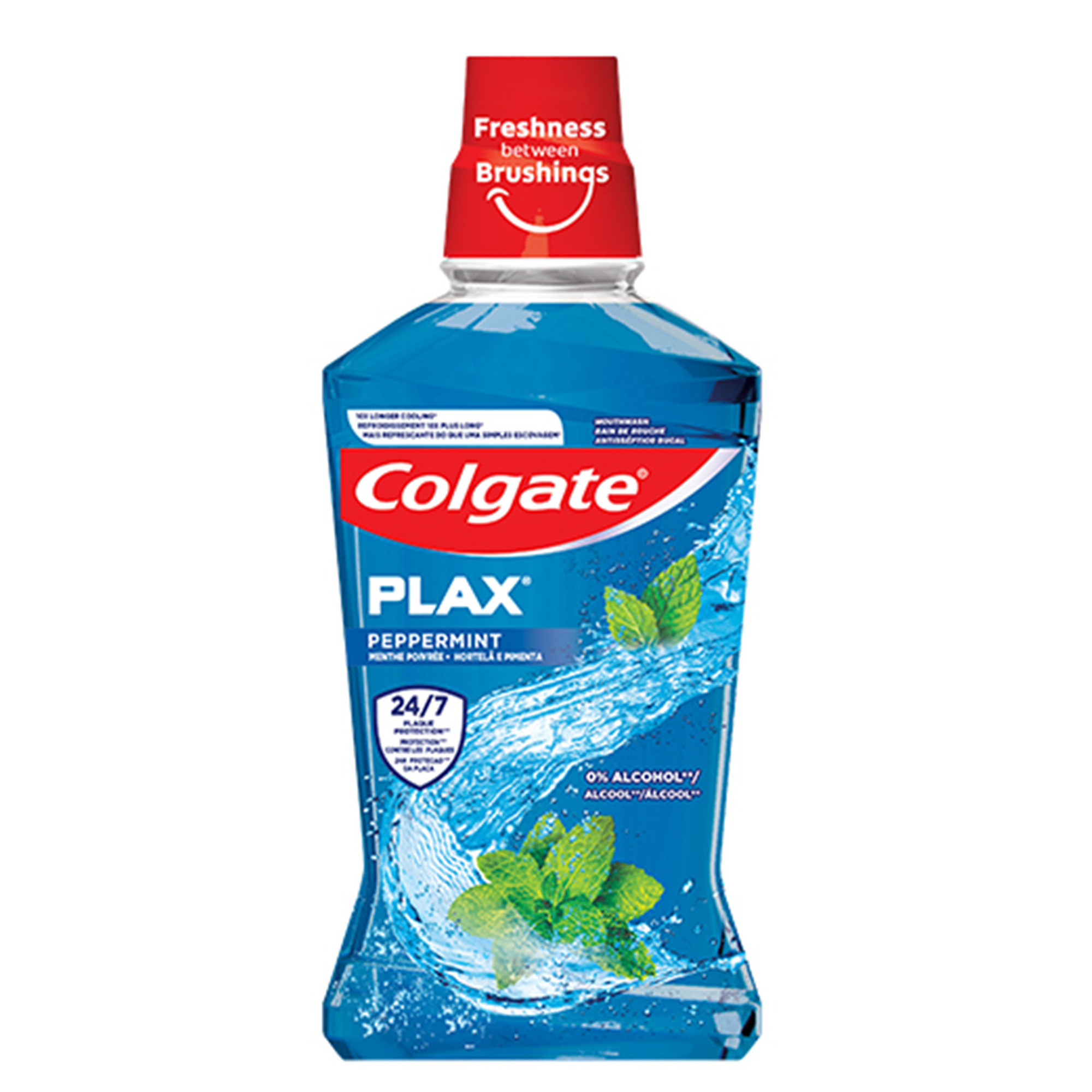Asthma
Oral Effects
Many drugs used to treat asthma have effects on the mouth and throat.
Strong anti-inflammatory medicines (corticosteroids) can cause dry mouth. They also can make you more likely to get fungal (yeast) infections in your mouth. Finally, these drugs can slow the healing process. If you use an inhaler that contains steroids, make sure to use a spacer. This is a plastic tube that attaches to the inhaler. It holds the dose while you inhale. Rinse your mouth with water afterward and spit it out. This helps to decrease the chance of getting a yeast infection in your mouth.
Cromolyn can cause:
Nausea
Cough
A bad taste in your mouth
An irritated mouth or throat
At the Dentist
Bring your inhaler to all of your appointments. Also bring a list of the drugs that you take. Tell your dentist about:
Your latest asthma attack
How often you have asthma attacks
What triggers your attacks
How serious your asthma is
Any asthma-related hospital visits, including trips to the emergency room
Your adrenal glands normally produce hormones that help you and your body respond to stress. When you take steroids, these glands may not work as well. As a result, your body may be less able to respond to stress. Rarely, this can cause serious problems during dental visits. Be sure to tell your dentist if you have been taking steroids for more than two weeks. You may need more steroid treatment before you receive dental care.
Some asthma drugs, such as theophylline and zafirlukast, interact with medicines that your dentist may prescribe. Make sure your dentist knows which drugs you are taking and the dosage of each drug.
Chronic Obstructive Pulmonary Disease (COPD), Bronchitis and Emphysema
Oral Effects
Chronic obstructive pulmonary disease (COPD) does not affect the mouth and teeth. Some people with COPD are often sick with colds or other upper respiratory infections. Some people with COPD may use steroids for long periods of time. This can make them more likely to get fungal (yeast) infections in their mouths. Dentists call this type of infection candidiasis, or thrush.
At the Dentist
Your adrenal glands normally produce hormones that help you and your body respond to stress. When you take steroids, these glands may not work as well. As a result, your body may be less able to respond to stress. Rarely, this can cause serious problems during dental visits. Let your dentist know if you have been taking steroids for more than two weeks. You may need more steroid treatment before you receive dental care. Make sure your dentist knows which drugs you are taking and the dosage of each drug.
The way you sit in the dental chair may affect your breathing. Work with your dentist to get comfortable in the chair. If you need oxygen during an appointment, your dentist should have it for you. If you use oxygen at home, bring your portable oxygen tank to the dental office and make sure it is full.
Tuberculosis
Oral Effects
If you have tuberculosis, you may have large lymph nodes in your neck. Rarely, you may have a painful sore in your mouth.
At the Dentist
If you have active tuberculosis, you could spread it to other people in the dental office. You should not visit your dentist. If you need emergency dental care, visit a hospital.
If your tuberculosis is inactive, you can visit your dentist. A test called a saliva or "sputum" culture will show if your tuberculosis is active or not.
Sinusitis
Oral Effects
A sinus infection can cause pain in the upper teeth. This can make you think you have a dental problem. If you have sinusitis, more than one tooth on the same side of your mouth may ache.
Drugs to treat sinusitis, such as antihistamines, can cause dry mouth. This can increase your risk of tooth decay and yeast infections in your mouth. Breathing through your mouth can dry out your mouth, too.
At the Dentist
No special considerations are needed for people with sinusitis. Tell your dentist the medicines you are taking. Some people with chronic sinusitis have taken antibiotics for several weeks at a time. If this has happened to you, tell your dentist. It's possible for bacteria to become resistant to certain antibiotics. If you need an antibiotic, your dentist may need to change the dose or type.
3/1/13
© 2002- 2018 Aetna, Inc. All rights reserved.
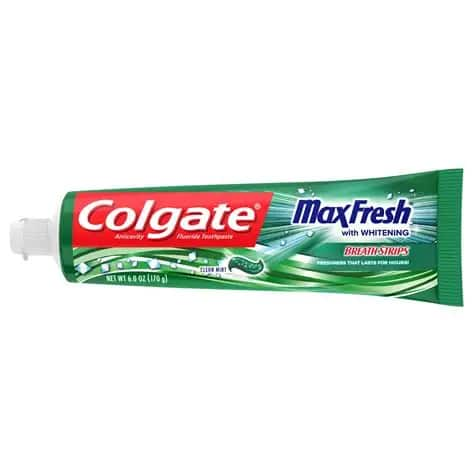
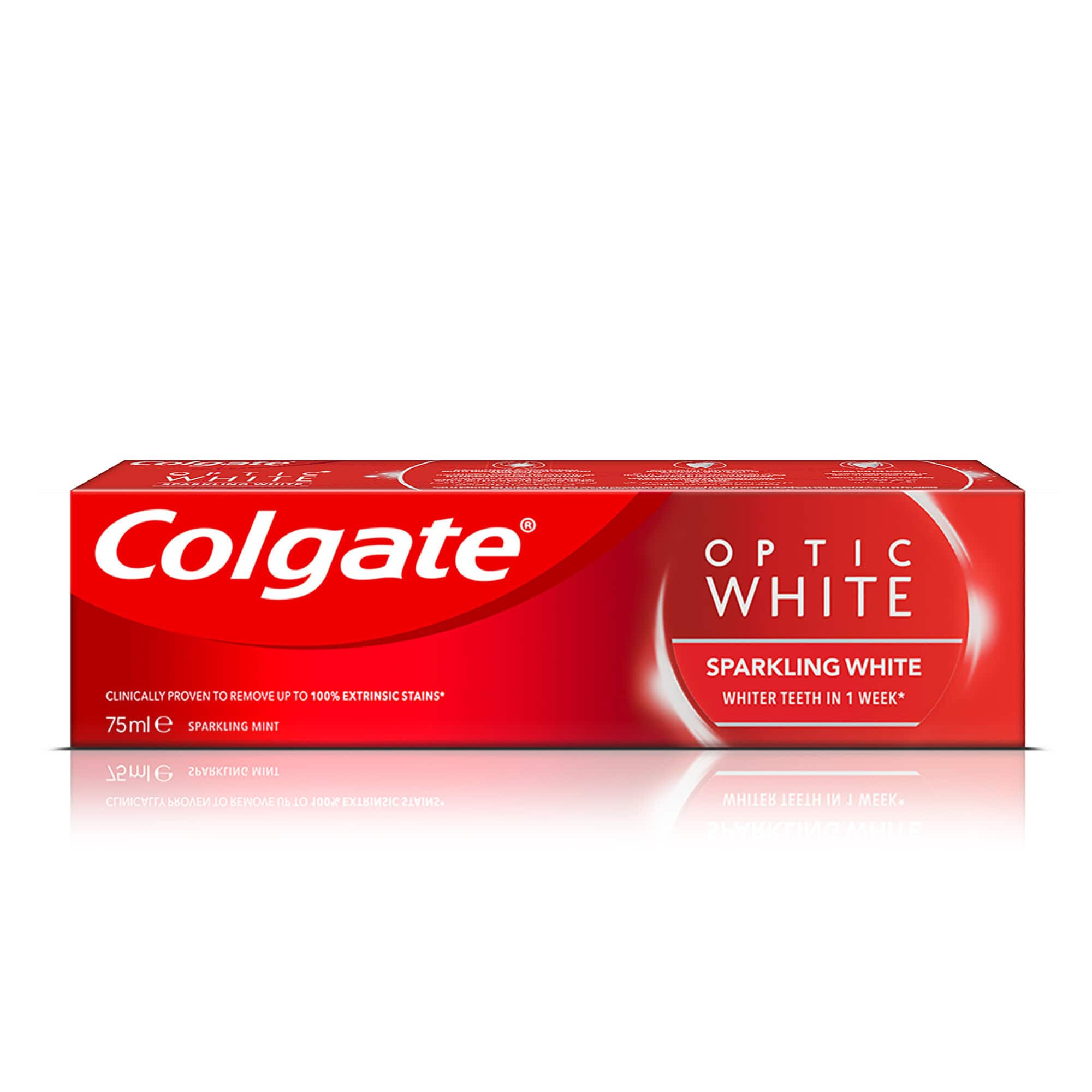
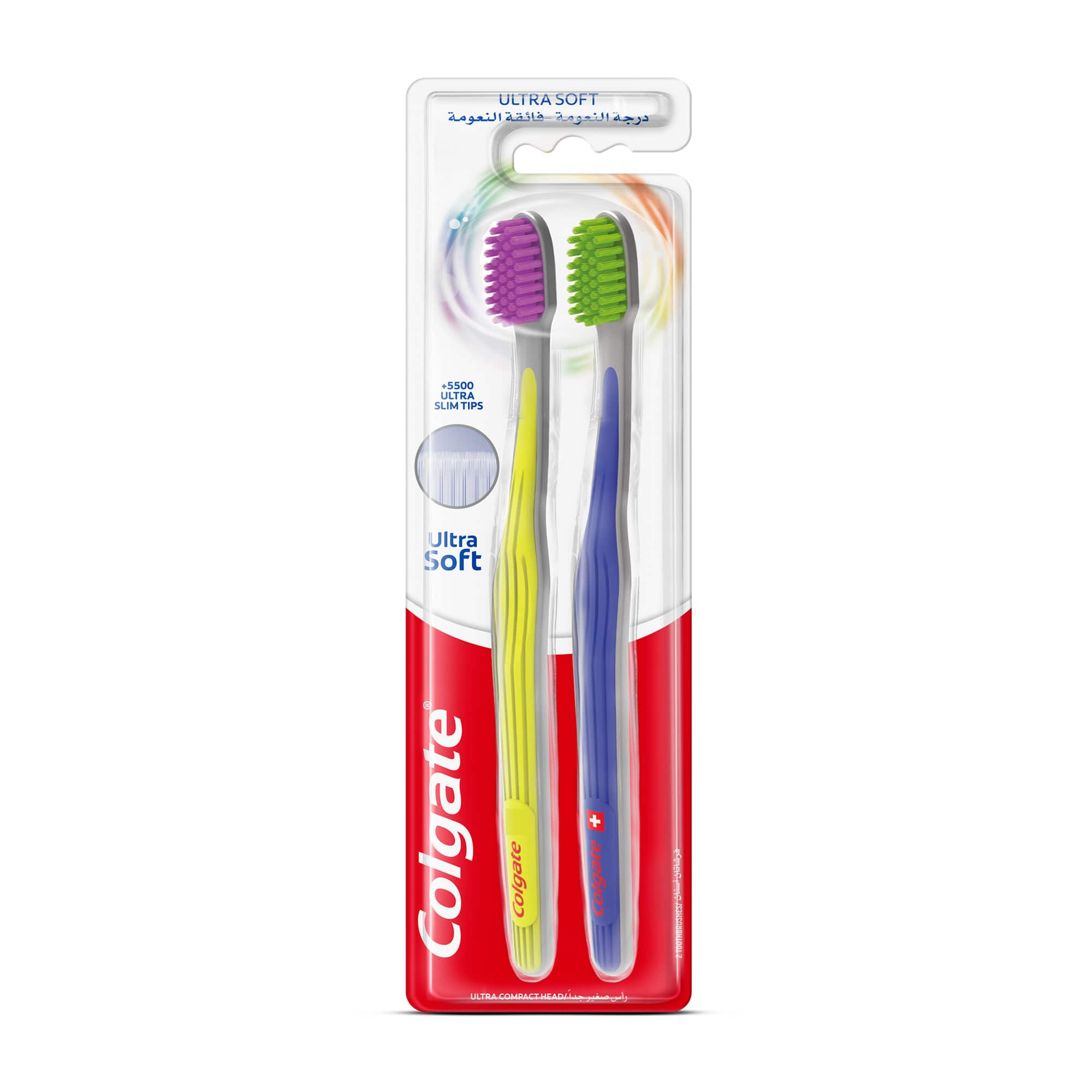




.jpg)


